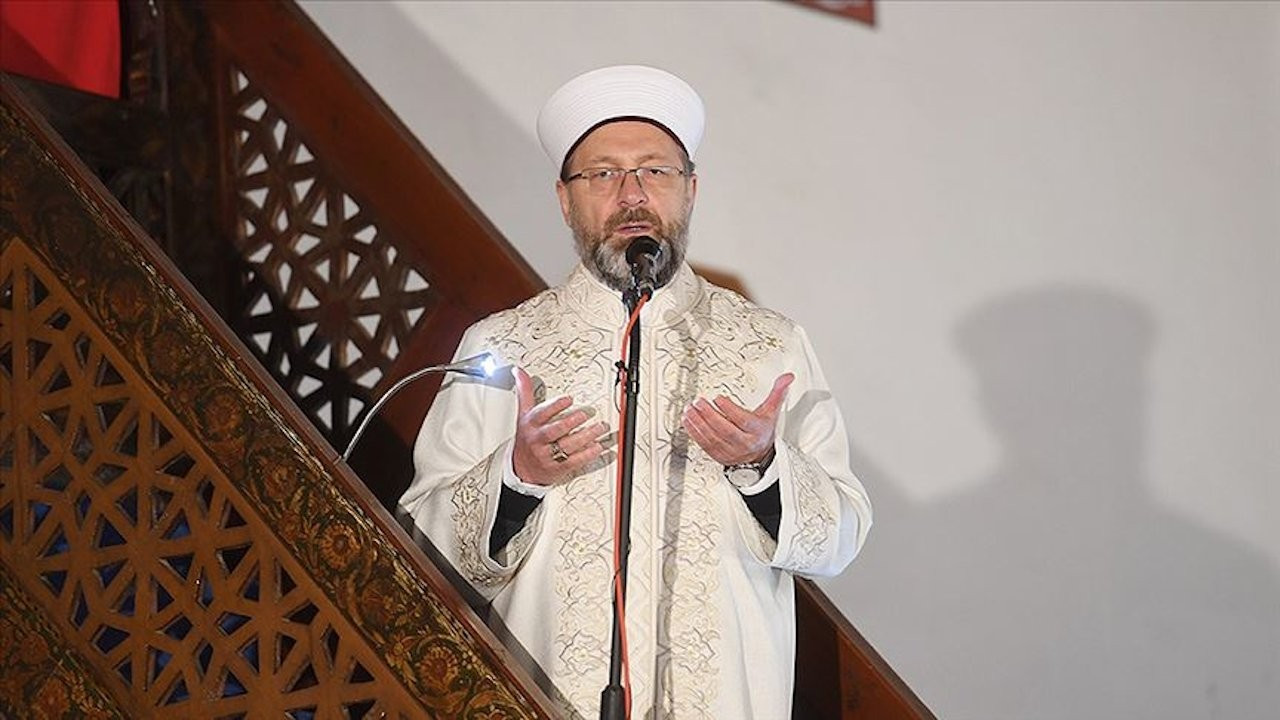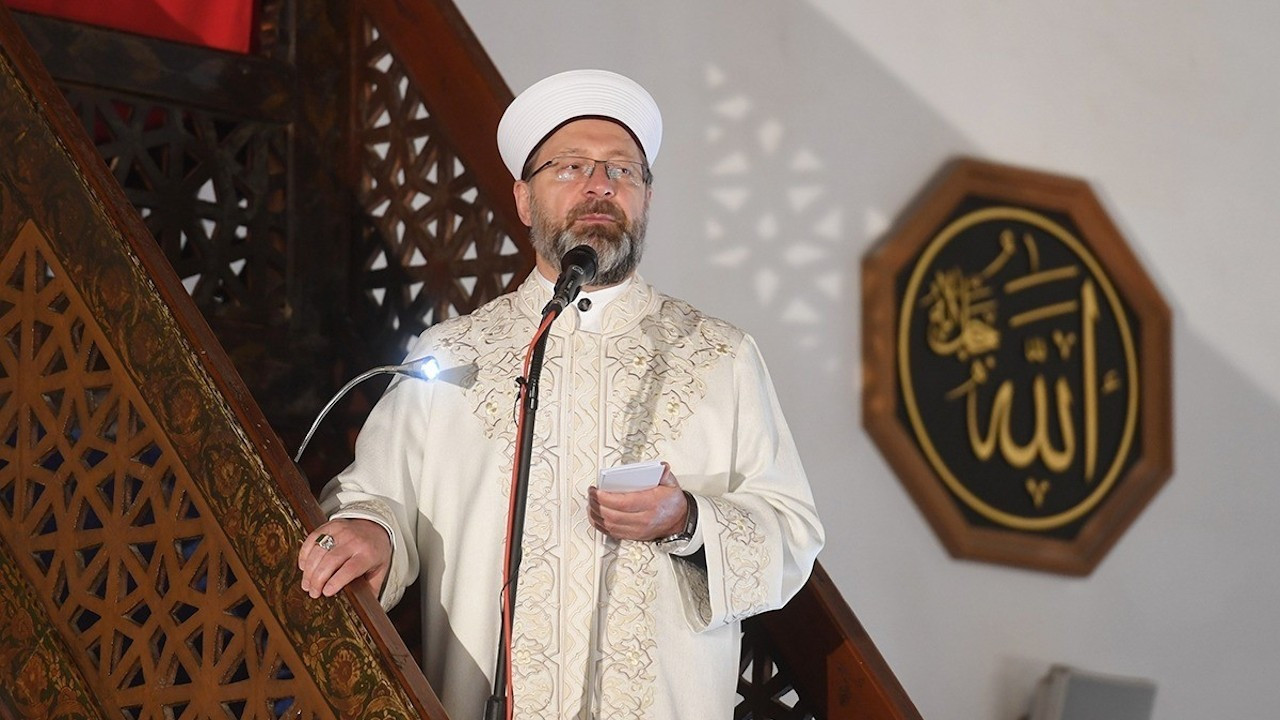Audit reveals irregularities in tenders held by Turkey's top religious body
Turkey’s supreme auditing institution, the Court of Accounts, revealed a large number of irregularities in tenders held by Turkey's Directorate of Religious Affairs (Diyanet) in 2020. “The [Diyanet] management's purchase of [goods and services] with inappropriate tendering procedures violates the principles of competition and equal treatment of the Law No. 4734 Public Procurement Law," it said in a report.
Duvar English
A report issued by the Turkish Court of Accounts, the country's supreme auditing institution, has found several irregularities in tenders held by Turkey's Directorate of Religious Affairs (Diyanet) in 2020.
According to the report, Diyanet has overlooked many rules concerning tender applications, such as it has failed to inspect whether the firms that applied for tenders were on the sanctioned list or not, ANKA news agency reported on Sept. 28.
The regulations demand that Diyanet initially conduct a market research before purchasing any good or service. “It is required that an analysis be undertaken to compare the offered price [by a firm] with the general listing price and the results be recorded,” the audit report said. As was the case with many other rules, Diyanet has failed to fulfill this requirement.
The report said that open procedure should have been utilized for the purchase of many goods, in where all qualified tenderers are allowed to submit their tenders; however due to the Diyanet's use of “inappropriate methods,” negotiated tendering was the end result, a procedure that is seen as anti-competitive and exclusive along with a lack of accountability.
The report emphasized that the negotiated tendering should be enforced only “in abrupt and unexpected instances” or “with the appearance of incidents that could not have been predicted by the management.”
The report gave the example of tender processes with regards to the printing of Quran copies and Ramadan services. “When the examples have been analyzed, the [Diyanet] management knows when the month of Ramadan starts. In the same way, it knows pupils start Quaran courses in September. It is quite possible for the management to plan these tenders from the beginning of the year,” the report said.
“The management's purchase of [goods and services] with inappropriate tendering procedures violates the principles of competition and equal treatment of the Law No. 4734 Public Procurement Law. The tenders need to be held on time and through appropriate procedures,” it said.
According to experts, the main corruption problem in Turkey is favoritism in public procurement and nepotism. As public resources are channeled through informal, rather than formal linkages, supporters of the ruling Justice and Development Party (AKP) are rewarded and privileged. Experts point out that the AKP has been using the tender processes in exchange for political and electoral support.

 Turkey's top religious body spends 2.5 times of what Foreign Ministry spendsDomestic
Turkey's top religious body spends 2.5 times of what Foreign Ministry spendsDomestic Turkey's Directorate for Religious Affairs conducts seminars at five-star resortsDomestic
Turkey's Directorate for Religious Affairs conducts seminars at five-star resortsDomestic New university job posting requires certification from Turkey’s religious authority DiyanetDomestic
New university job posting requires certification from Turkey’s religious authority DiyanetDomestic Top religious body's budget to exceed that of seven Turkish ministriesPolitics
Top religious body's budget to exceed that of seven Turkish ministriesPolitics